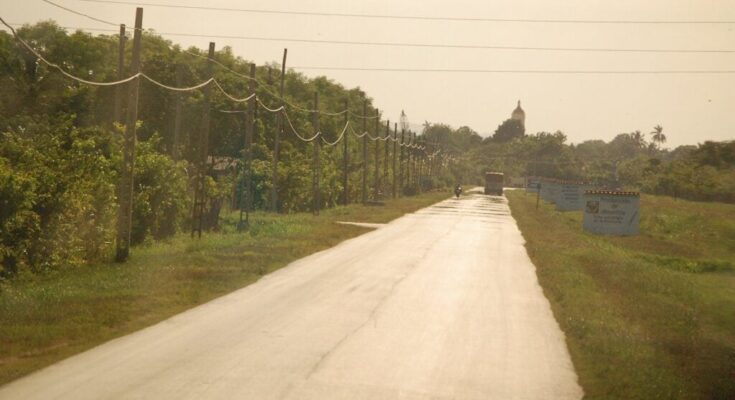
Cuba has experienced four power outages in 48 hours, and its aging power grid and reliance on imported oil means there is no quick fix.
Cuba’s power grid is almost 50 years old, and after four prolonged island-wide outages in 48 hours, many are questioning whether the country can find a quick solution to its power crisis. Cuba is no stranger to power outages, as it has been experiencing consistent minor rolling outages for over a decade. Still, these prolonged outages lasting 10 to 20 hours are new territory that the communist-led government might be unable to handle easily.
Cuba’s power and oil crisis
Cuba can trace its power woes to a combination of issues. The country’s power grid is almost 50 years old, burns crude oil for power and hasn’t been adequately maintained in a long time. Moreover, Cuba has recently seen the oil imports they rely on so much take a significant dip.
Cuba produces about 40,000 barrels of oil daily, and the island requires 120,000 barrels daily to supply citizens with power. They used to make up for their 80,000 barrel shortage via imports from Venezuela, Mexico, and Russia. However, Cuba’s oil supply from these countries has dropped significantly as they focus on their priorities.
Venezuela was the largest oil supplier until recently. At one point, it supplied more than 100,000 barrels daily to the island. Following Biden’s easing of oil sanctions on Venezuela to encourage fair elections, Venezuela prioritized oil trade with other partners, which significantly reduced the amount of oil it sent to Cuba for power. According to the The New York Times, Venezuela sends around 25,000 to 30,000 barrels of oil daily to Cuba.
“Venezuela continues to export to Cuba. It varies a little bit,” said Francisco Monaldi, director of the Latin America Energy Program at Rice University. “Of course, it’s much less than the humongous subsidies that Venezuela used to send.”
Mexico, which sent less than Venezuela in the first place, has halved the oil barrels it sends to the Caribbean island. This is primarily due to a recent presidential election and a 45-year low in oil production in 2024.
Meanwhile, Russia, which many experts suspected would pick up the slack for the other two countries, has not changed anything about its oil shipments. While Cuba relied heavily on the Soviet Union in the late 1900s, their relationship with Russia was not what it was then.
“Cuba is just nowhere near as much a priority for a resource-constrained Russia as it historically was,” said Maximilian Hess, a Russia expert with the Foreign Policy Research Institute in Philadelphia, Pennsylvania.
An already struggling government
While Cuba experienced a short period of bliss while President Barack Obama was in office, President Donald Trump reinstated the embargo and renewed restrictions on visas and tourism. This and other factors have made a dent in the island’s finances.
“The government is bankrupt,” said Pavel Vidal, a Cuban economist at the Javeriana University in Cali, Colombia.
The island’s people are already facing shortages in food and water. If Cuba continues struggling with power outages, it could face an exodus similar to what it faced in the 1980s and ’90s.
“If they can’t turn these plants back on, there is a concern that this could turn into another mass exodus,” said Ricardo Herrero, the director of the Cuba Study Group in Washington. “They are really short on options.”



